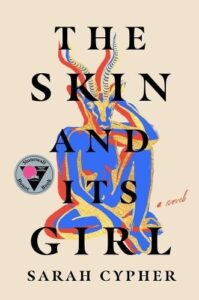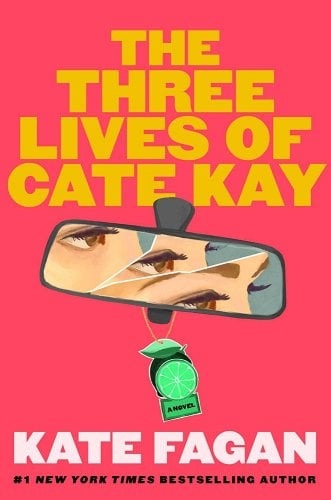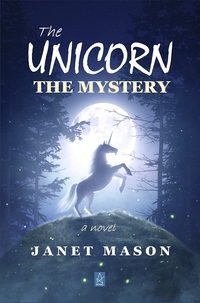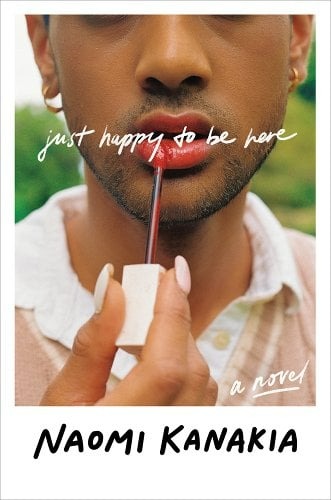Far from the Rummani’s ancestral home of Palestine, Betty Rummani is born a striking, permanent shade of cobalt blue. That same day, the Rummanis’ centuries-old soap factory is destroyed in an air strike in Nablus. The family matriarch and keeper of all Rummani lore, Aunt Nuha, believes that the blue girl embodies their sacred history, when their blue soap was a symbol of legendary love. Decades later, Betty sits at her aunt’s gravestone, trying to decide to stay amongst family or to follow her heart and the woman she loves—thereby following in her aunt’s footsteps and family’s cycle of exile.
My heart weeps, breaks, and repairs itself all over again for this book. If there’s a Palestinian novel on your TBR you want to prioritize, let it be this one. The Skin and Its Girl is a poetic tale, not only of Betty’s life, but of her aunt’s struggle with identity, with her broken family’s history. There are stories folded within stories here, all told through the eyes of older Betty as she contemplates her childhood and aunt’s complex life. The prose is intimate, almost dreamy, with a deep focus on identity, family, and the space where myths meet history.
Sarah Cypher, I have to ask. Was your writing style (or rather, Betty’s narration) inspired by Arabian Nights (“As you used to say, Auntie, a piece of yarn stretched out in a straight line is a waste of wool. And this one, like so many stories you told me, requires interruptions, divagations, a dash of rhetorical hypotaxis.”)? Regardless, well done. What could have been dizzying rather gave us layers of our two main heroines as we needed them. After all, “Nothing happens in a straight line, not life or love or even time.”
This book explores so many themes that I can’t discuss them all in a condensed review: family, identity, patriotism, history, mental illness, love, self-acceptance. Language and the power it holds is a theme as well. From the story’s beginning, Betty recognizes her aunt has lied, shielding herself (her true self) in the process. Betty unravels those lies through her aunt’s journals, connecting with her aunt and unraveling parts of herself in the process. Nuha has struggled with diaspora, not only from her homeland, but from herself, as the lies she’s told have altered her self-perception.
There is a scene where Aunt Nuha is at the airport, trying to visit Palestine and retrace the steps of her childhood. She’s pulled out of the line by Israeli security, detained for hours, her identity and intentions put into question. This scene resonated so deeply because I’ve been there. I’ve been in that line, searched and detained, my identity and nationality put into question. The line “There is no such thing as Palestine” was a stab in the heart, enough that I had to set the book down for a moment. Later, Nuha sees the factory is shambles, the rubble creating a graveyard. It’s scenes like this that more people need to read, to understand, to empathize.
Recommended for fans of Roses in the Mouth of a Lion and Evil Eye.
The Vibes
⭐Literary Fiction
⭐Debut
⭐Queer/Sapphic
⭐Palestinian-American Main Character
⭐Generational/Family Story
⭐Identity
Quotes
- It is no wonder that the word for story in English is the same one as the word for the floor of a building; we layer thoughts on thoughts until we are a tower of ideas, even if it means the whole unstable structure is shot through with the lies we tell ourselves and others.
- Sometimes words weren’t just a vessel; they were a prison.
- Hiding one’s true desires, day in and day out, was a type of skin. But in the old country, our heroine wore it out of habit.
- They did the work of speaking a shared language into being.





Leave a Reply